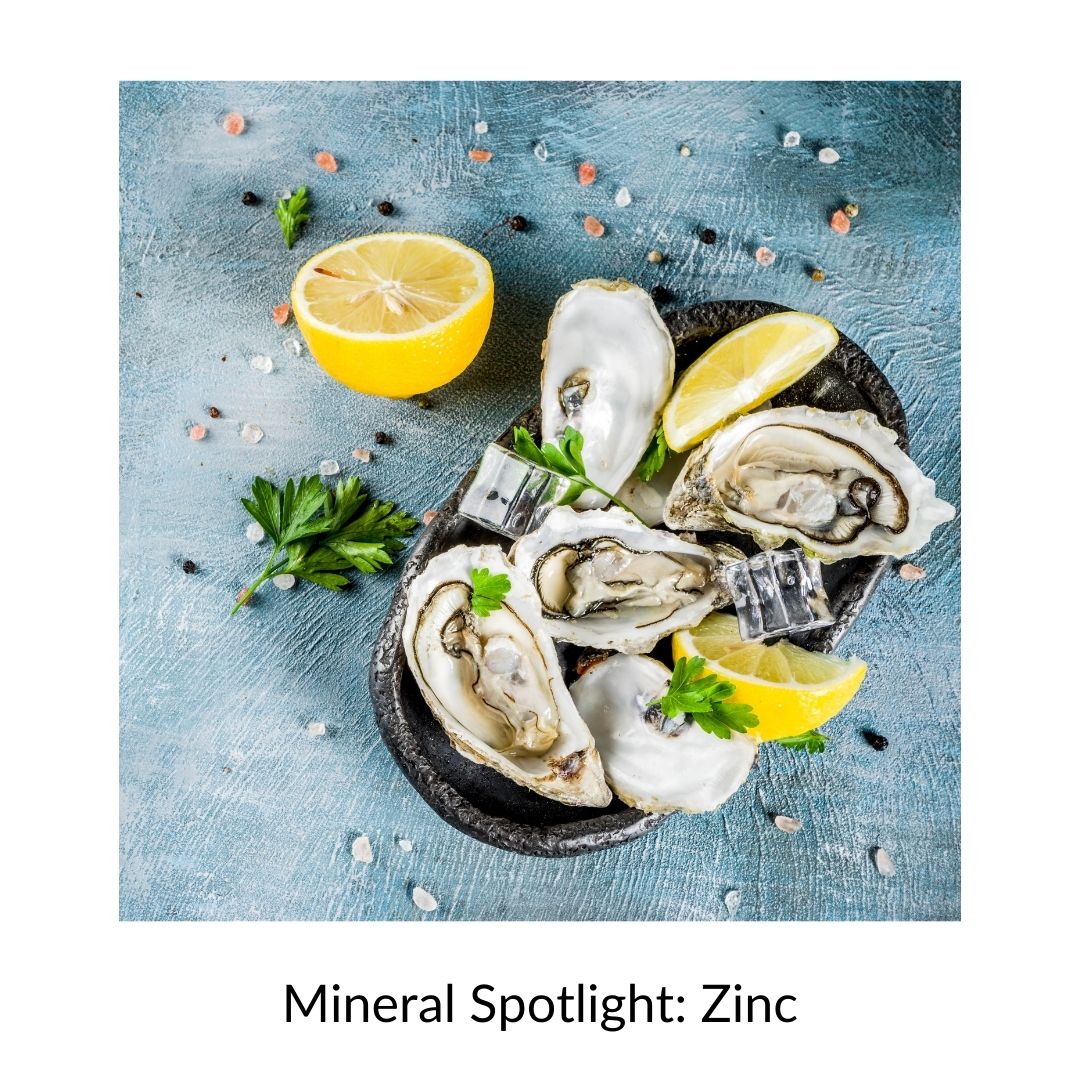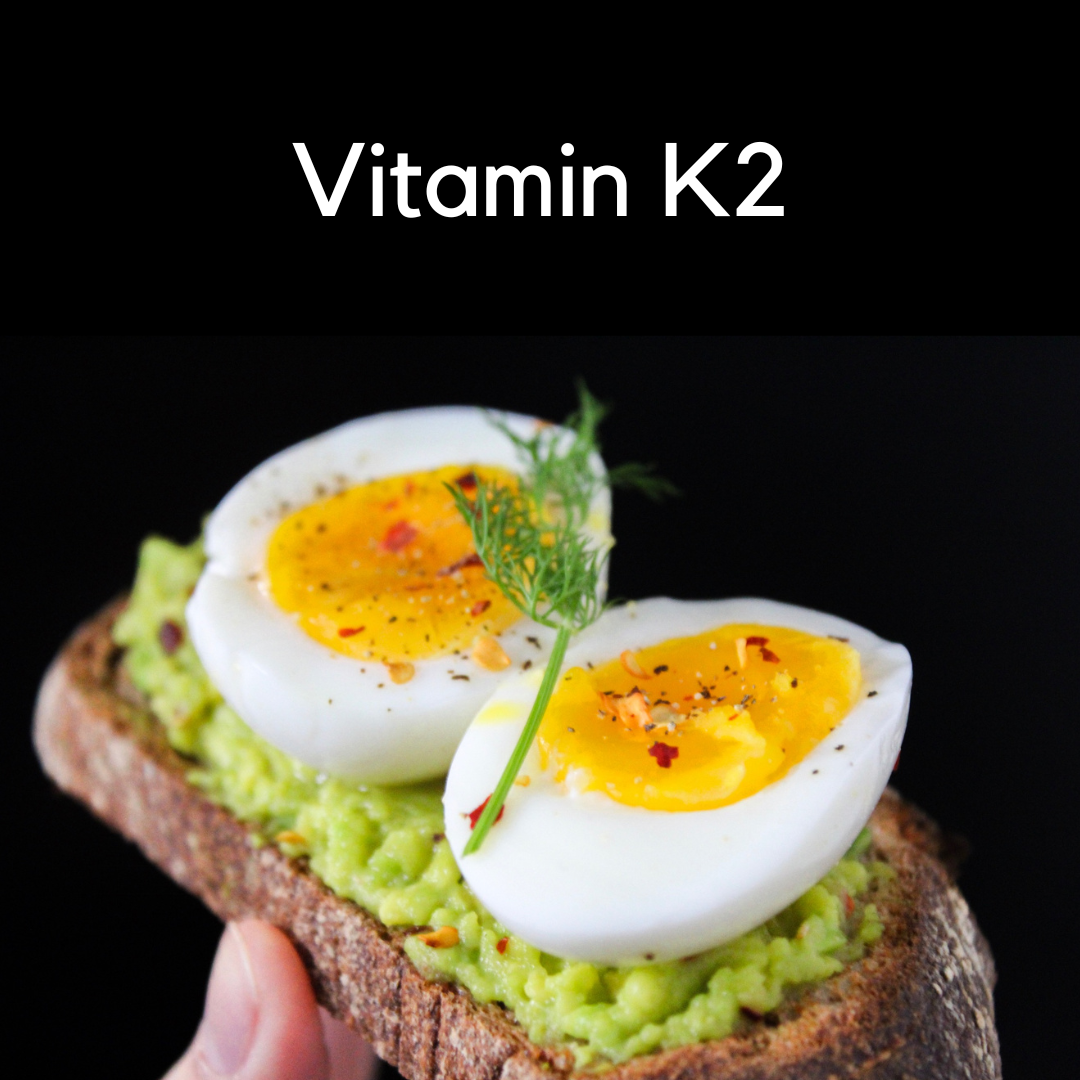When we think of key nutrients, Calcium, Vitamin C, and Iron often come to mind for strong bones, immunity, and energy. But, there's one essential mineral we often overlook—Zinc! Zinc plays a crucial role in our overall health, from skin healing to gut function, yet many of us are deficient. Below we will explore why you should care about Zinc and how to ensure you're getting enough.
What is Zinc?
Zinc is a trace mineral, meaning we only require small amounts. However, this is not indicative of its value. Zinc is involved in over 300 enzyme reactions in the body, assisting digestion, metabolism, nerve function, and more!
Why Does Zinc Matter?
-
Boosts Immune Defence
Zinc is key to producing white blood cells, which fight infection. Research shows that adequate zinc levels can help reduce the severity and duration of illnesses such as the common cold virus.
-
Promotes Wound Healing and Healthy Skin
Zinc accelerates collagen formation, cell regeneration and maintains skin integrity, supporting wound healing and keeping your skin healthy.
-
Supports Mental Health
Zinc supports neurotransmitter function, specifically serotonin and dopamine, which regulate mood and support mental wellbeing. Research indicates that low levels are linked to anxiety, depression, and even age-related memory and cognitive decline.
-
Improves Gut Health
Zinc keeps your gut lining healthy and reduces harmful inflammation, supporting the growth of beneficial bacteria and decreasing pathogenic (disease-causing) strains. A healthy gut is vital for overall wellbeing.
Zinc Deficiency: Know The Signs
Zinc deficiency is quite common, especially in older adults, those with poor diets, vegans or vegetarians (as plant-based zinc is more difficult to absorb) and individuals with impaired nutrient absorption.
Symptoms to keep an eye out for:
- Slow wound healing
- Frequent infections or colds
- Hair loss
- Diarrhoea
- Poor appetite
- Skin issues like acne or eczema
- White spots on nails (clinical sign of zinc deficiency)
The above symptoms, although unspecific, could indicate that your zinc levels are low.
Are You Getting Enough Zinc?
The recommended daily intake is 8–11mg for most adults. However, pregnant or breastfeeding women may require more.
Great dietary sources of zinc include:
- Oysters, sardines, crab, and other seafood
- Red meat (beef, pork, lamb)
- Poultry (chicken, turkey)
- Whole grains (quinoa, oats, brown rice)
- Nuts and seeds (almonds, peanuts, pecans, pumpkin and chia seeds, cashews)
- Legumes (lentils, beans, chickpeas)
- Dairy (yogurt, milk, cheese)
Zinc is essential for your immune system, gut and skin health, mood, and so much more! If you suspect that you might be deficient, it's worth consulting with your healthcare provider to check your levels. Your body will thank you for it!



